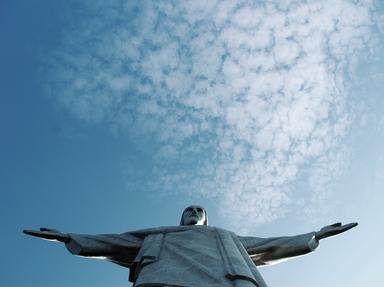The
were the only inhabitants of Uruguay before European colonisation. They had been driven southward by the
of Paraguay. The
were the first to arrive in 1512, but it was the
who made a settlement near what is now the capital
in 1516, and claimed it for the crown. In 1669, the Portuguese built a fort further west at
, opposite Argentina's Buenos Aires across the Rio de la Plata.
In the early nineteenth century, independence movements emerged in South American countries, including Uruguay, which was known as the Banda Oriental del Rio Uruguay, or "East Bank of the Uruguay River". Brazil and Argentina contested the Uruguayan territory with Brazil, annexing the area in
and changing its name to Provincia Cisplatina. The Thirty-Three Orientals (Uruguayans), led by
, declared independence from Brazil on 25 August 1825, which was backed by the United Provinces of the Rio de la Plata (Argentina). This caused the Cisplatine War. Uruguay emerged from the war as an independent state with its constitution drafted in
after the
facilitated the Treaty of Montevideo in
, which ended the war.
The rest of the 19th century was marked by disruptive interventions by and conflicts with Brazil and Argentina, as well as internal political and economic fluctuations. Despite this, Uruguay attracted large numbers of immigrants, especially Spaniards and
.
Modern Uruguay began with the election of
as president in 1903. He instituted major political and economic reform: He introduced a welfare program, government intervention in commerce and, importantly, a plural executive. Notable Uruguayan events that occurred in this period included winning Soccer's World Cup in 1930 and
, remaining neutral during WWII and becoming a founding member of the United Nations in
.
President
declared a state of emergency in 1968 when further instability occurred as a new constitution was adopted in 1967, and economic and political turmoil ensued. Democracy was restored in
after the army closed the Congress forcibly and established a civilian-military regime in
.
In 2004 Uruguayans elected a left-wing government for the first time, and despite a predominantly Roman Catholic population (Uruguay was officially secular), many social reforms were implemented: In
Uruguay was the first country to legalise cannabis, with abortion and same-sex marriage legalised in
.
